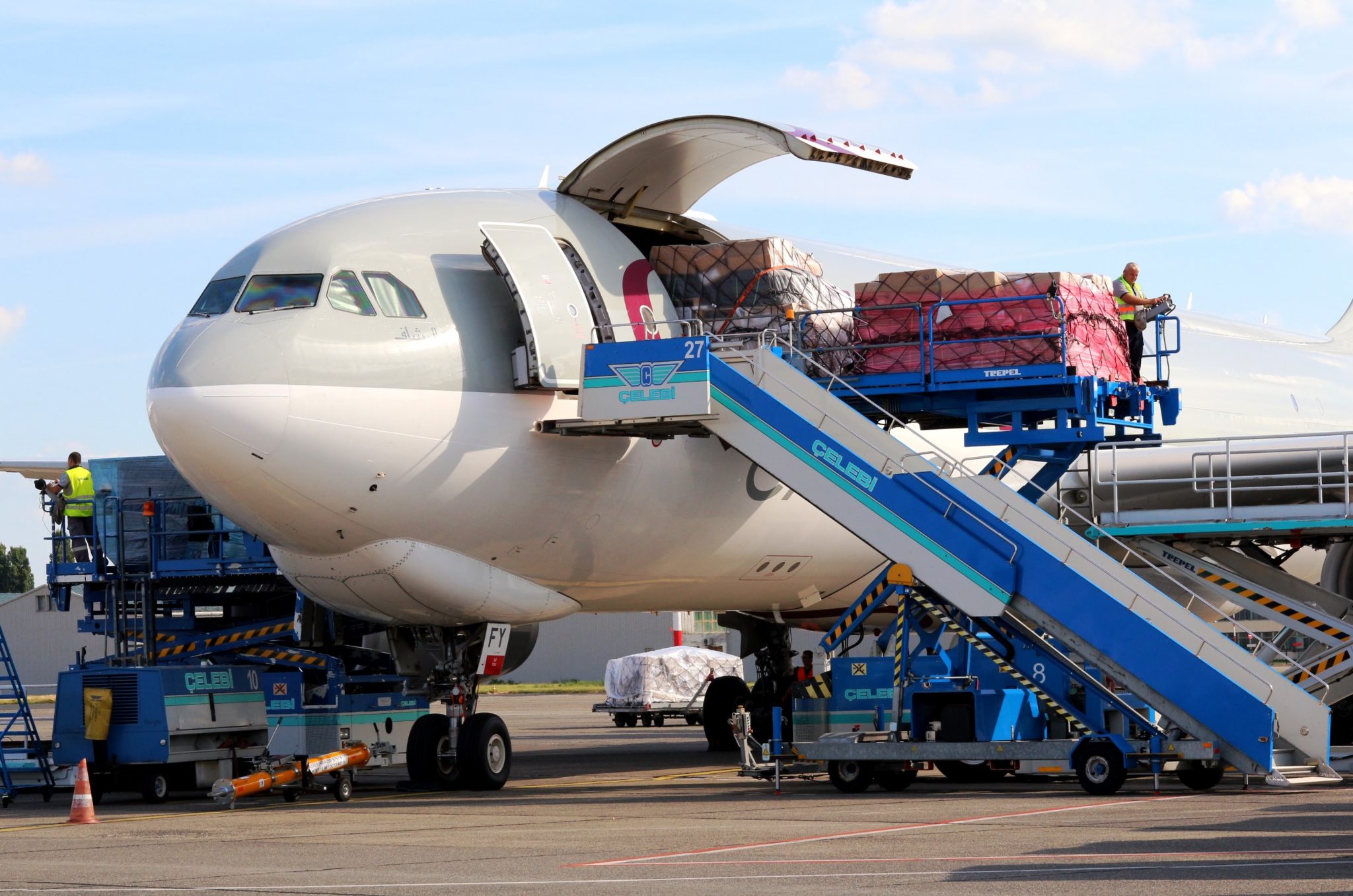Change language:
Budapest Airport back in Hungarian hands: What’s next for Hungary’s main hub?
After nearly two decades under foreign ownership, Budapest Airport has returned to Hungarian control. Following prolonged negotiations, a deal was finalised in June 2024, with the Hungarian state acquiring an 80% stake in partnership with French operator Vinci Airports, which holds the remaining 20%. The acquisition price totalled EUR 3.1 billion, alongside EUR 1.44 billion in refinanced loans.
Criticised strategic investment
While some questioned the timing of this major purchase due to budgetary constraints, the government cited strategic reasons for reclaiming ownership, Portfolio writes. The acquisition was partially funded by selling state-owned assets, including stakes in Erste Bank Hungary and Yettel Magyarország, with additional financing from development bank loans and budget reallocations.

Minister of Economic Development Márton Nagy clarified that the state would act as a financial and strategic investor, leaving airport operations to Vinci, which manages over 70 airports globally. The partnership aims to guide the airport’s development into a regional and global leader.
Record-breaking growth and pioneering plans
Budapest Airport has rebounded strongly from the pandemic, setting monthly passenger records in 2024. By October, passenger traffic had already surpassed 2023 levels, with the year-end total expected to exceed 17 million travellers, breaking the pre-pandemic record of 2019. Profitability has also soared, with 2023 revenues reaching EUR 337 million, a 22% increase from the previous year.

The airport’s management forecasts further growth, targeting 20 million passengers by 2030 and 25 million by 2040. The increase in long-haul flights, particularly to China, has already begun, with new routes added by airlines such as China Southern, Shanghai Airlines, and Hainan Airlines.
Terminal 3 and infrastructure upgrades
Plans for the long-awaited Terminal 3 are now underway, with preliminary construction, including groundwork, already in progress. The terminal is expected to be completed within eight years, alongside upgrades to the surrounding infrastructure. These include improved access roads, expanded parking facilities, and the long-discussed railway link to the airport.

The government views the airport as a strategic hub for connecting Western and Eastern capital and technology. Its goal is to transform Budapest Airport into not only the best in the region but one of the world’s leading aviation hubs.
Vision for the future
The Hungarian government, in collaboration with Vinci, aims to position Budapest Airport as a key player in global air travel, enhancing its infrastructure, passenger experience, and international connections. With a mix of public and private investment, the airport is set to become a cornerstone of Hungary’s economic and technological integration with the world.
Read also:








When Hungary reaches a budgetary wall and is desparate for cash the airport will be sold to Lorincz Meszaros or Orban’s son-in-law Istvan Tiborcz for a bargain price and it will be promoted as a “strategic move” in Fidesz media. There will be twice hourly flights to Russia and China.
All that matters is Hungarian airports are in Hungarian hands and under Hungarian jurisdiction.